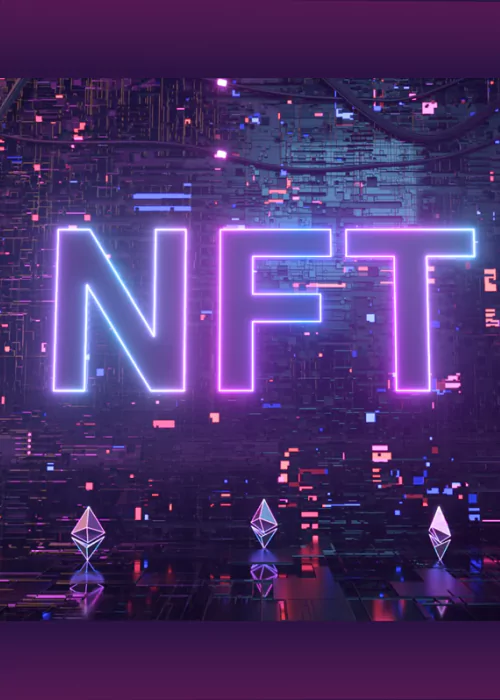Blockchain is a highly potential technology capable to revolutionize the financial industry in several ways. Being a decentralized, digital ledger that records transactions across a network of computers, it is the backbone of cryptocurrencies like Bitcoin, but it has applications beyond just digital currencies.
According to Statista, the market size for blockchain solutions for the banking system and financial institutions was estimated at 0.28 billion U.S. dollars in 2018.
However, the application of blockchain technology in the financial sector is expected to develop further in the next years, reaching a market size of approximately $22.5 billion by 2026.
Being a leading blockchain development company, in this blog, we will explore the trends of blockchain technology in finance.
Also, we’ll talk about the potential impact on cross-border payments, smart contracts, identity verification, and decentralized finance (DeFi).
Let’s discuss these trends one by one.
Cross-Border Payments

One of the biggest challenges in cross-border payments is the time and cost associated with the process. Transactions can take days to clear, and fees can be high due to the need for intermediaries such as banks and foreign exchange providers.
Blockchain technology is capable of greatly lowering the time and cost of cross-border payments by eliminating the need for intermediaries. One of the most notable examples of blockchain technology for cross-border payments is Ripple.
Ripple’s blockchain-based platform allows for instant, cross-border payments with low fees. By using Ripple’s XRP token as a bridge currency, the platform can facilitate cross-border payments without the need for traditional foreign exchange conversions.
This can greatly reduce the time and cost of cross-border payments, making it a more efficient and cost-effective option for businesses and individuals. Another example is using blockchain technology for remittance services, which have been traditionally costly and time-consuming.
Blockchain technology can reduce the cost and time associated with payments by reducing the need for intermediaries and increasing transparency. This makes it possible for people in developing countries to access financial services and can also support local economies.
Smart Contracts

Smart contracts are another area where blockchain technology has the potential to disrupt the financial industry. They are self-executing contracts with the terms of the agreement directly written into lines of code.
These contracts can automatically trigger actions based on certain conditions, such as the transfer of funds or the release of assets. This can greatly increase the efficiency of financial transactions and reduce the need for intermediaries such as banks and lawyers.
For example, blockchain-based smart contracts can be used to automate the process of issuing and trading financial assets. This can greatly increase the speed and efficiency of financial transactions, and reduce the need for intermediaries such as stock exchanges. This can also reduce the cost of issuing and trading financial assets, making them more accessible to a wider range of investors.
Identity Verification

Identity verification is another area where blockchain technology has the potential to make a big impact. Blockchain-based systems can provide a secure and tamper-proof way to store and verify personal information.
This could potentially reduce the need for multiple forms of identification and make it easier for individuals to access financial services.
For example, blockchain technology can be used to create a decentralized digital identity system. This would allow individuals to control their own personal information and share it with financial institutions and other organizations as needed.
This can greatly increase the security and privacy of personal information, and reduce the risk of identity fraud.
Decentralized Finance (DeFi)

Decentralized finance (DeFi) is a rapidly growing area of blockchain technology, and it has the potential to greatly increase accessibility to financial services.
DeFi platforms allow individuals to access financial services without the need for centralized intermediaries, such as traditional banks.
For example, DeFi platforms can be used to create decentralized lending and borrowing markets. This would allow individuals to borrow and lend money without the need for traditional banks.
This is accomplished through the use of smart contracts, which are self-executing contracts with the terms of the agreement between buyer and seller being directly written into lines of code.
Another popular DeFi application is decentralized exchanges (DEXs). DEXs allow users to trade cryptocurrencies without the need for a centralized intermediary, such as a traditional exchange.
Instead, the platform uses smart contracts to match buyers and sellers and to manage the trades. This allows for a more efficient and decentralized trading process, and can also provide greater privacy and security for users.
Impact of Blockchain Technology on Financial Sector

One of the most significant ways that blockchain is being implemented in finance is through the use of smart contracts. A smart contract is a self-executing contract with the terms of the agreement between buyer and seller being directly written into lines of code.
This allows for transactions to be automated and for the terms of the agreement to be enforced without the need for a third-party intermediary. Another way that blockchain is being implemented in finance is through the use of decentralized exchanges (DEXs).
A DEX is a type of cryptocurrency exchange built on a blockchain that allows peer-to-peer trading without the need for a centralized intermediary. This allows for faster and cheaper transactions, as well as increased security and transparency. Blockchain is also being used in the area of supply chain finance.
By using blockchain technology, companies can trace the origin of goods and ensure that they are not counterfeit. This can help to reduce the risk of fraud and increase trust between parties.
Finally, blockchain can improve the speed and efficiency of cross-border payments. By using blockchain, banks can settle transactions in real-time, without the need for intermediaries. This can help to reduce costs and increase the speed of transactions.
Overall, blockchain technology has the potential to revolutionize the way that the financial industry operates. It offers increased security, transparency, and efficiency, and it has the potential to disrupt traditional business models and create new opportunities.
Final Words
In conclusion, blockchain technology has the potential to revolutionize the financial industry by offering increased security, transparency, and efficiency.
Despite some challenges, the future of blockchain technology in finance looks extremely bright. As technology continues to evolve and mature, we can expect to see even more innovative applications of blockchain in the financial sector.
Blockchain will likely continue to disrupt traditional business models while creating new opportunities for companies and individuals alike.
















































































